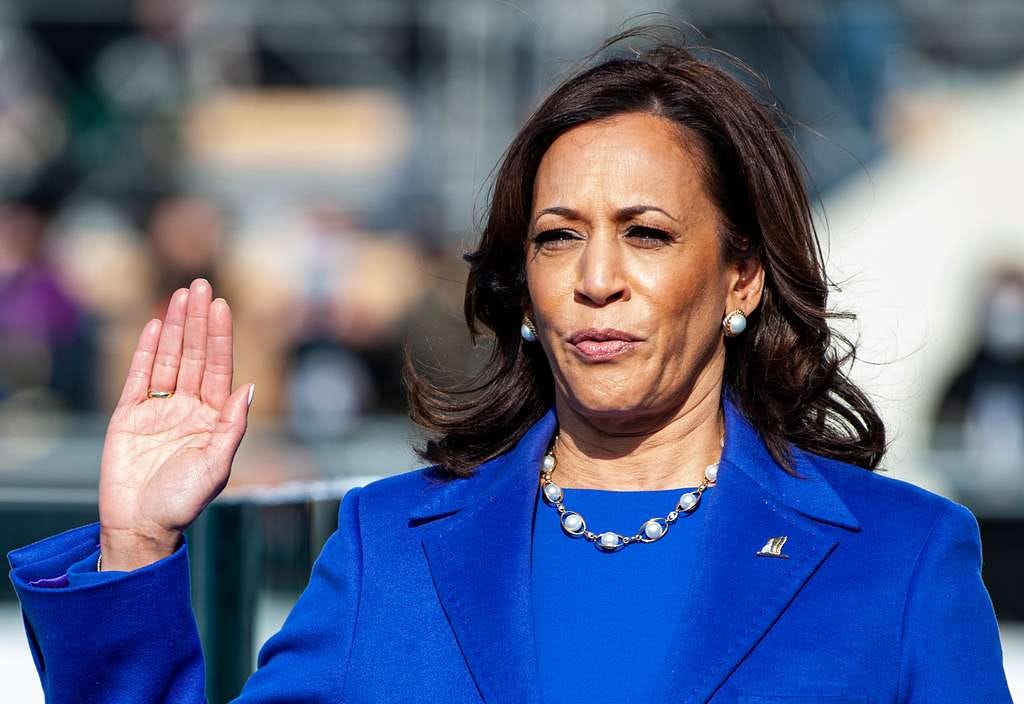In California, Kamala Harris weaponized the DOJ to go after a journalist
As she prepared to run for higher office, Harris held a secret meeting in Los Angeles with top Planned Parenthood executives

In the spring of 2022, after a draft opinion of an impending U.S. Supreme Court ruling to overturn Roe v. Wade was leaked, the Beverly Hills City Council leapt to pass unanimously a resolution backing abortion.
“This is something I wholehe…


